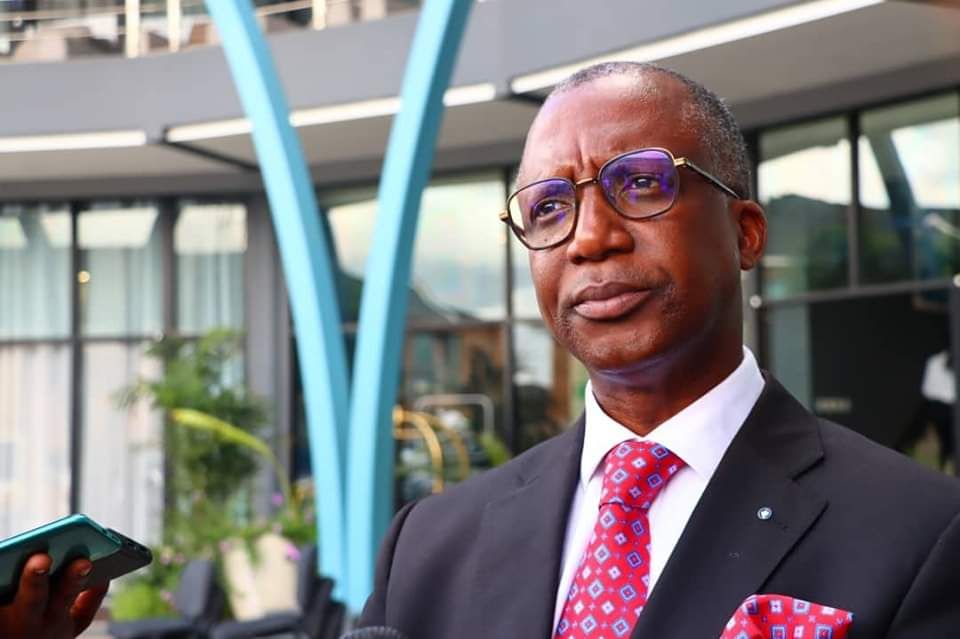By Twink Jones Gadama
In the wake of Malawi’s 2020 presidential election, there has been a brewing controversy surrounding the amendments made to the Constitution by President Lazarus Chakwera.
The amendments in question, specifically to sections 67(1) and 147(5), have sparked heated debate among legal scholars, politicians, and the general public.
Many have raised concerns that the amendments, which extend the terms of the National Assembly and Local Government Councillors, were unnecessary and allegedly breached the Constitution.
Critics argue that the 2020 presidential election was, in fact, a by-election and had no effect on the terms of office for these officials.

The Malawi Electoral Commission (MEC) has been accused of failing to clarify the distinction between a by-election and a general election, leading to confusion among the populace.
The MEC’s silence on the matter has only fueled the controversy further, with many questioning the legitimacy of the term extensions granted through the constitutional amendments.
The issue at hand revolves around the interpretation of the Constitution and whether the President has the authority to unilaterally amend sections that pertain to the terms of elected officials.
Proponents of the amendments argue that they were necessary to ensure continuity in governance and avoid unnecessary disruptions in the functioning of the government.
However, critics have pointed out that the amendments may have set a dangerous precedent for future administrations, as they could be used to justify similar changes in the future.
There are also concerns about the potential erosion of democratic principles and the rule of law if such amendments are allowed to stand unchallenged.
Legal experts have weighed in on the matter, with some arguing that the amendments were constitutionally questionable and should be subject to judicial review.
Others have suggested that the issue be resolved through parliamentary debate and potential revisions to the Constitution.
Despite the controversy surrounding the term extensions, President Chakwera has remained steadfast in his defense of the amendments, stating that they were necessary to ensure the smooth functioning of government.
He has called on the public to respect the decisions made by the government and uphold the rule of law.
In the midst of the ongoing debate, it is crucial for all stakeholders to engage in constructive dialogue and work towards finding a resolution that upholds the principles of democracy and constitutional governance.
The future of Malawi’s political landscape may well depend on how this issue is addressed and whether the rule of law prevails over political expediency.
As the nation grapples with these constitutional controversies, it is essential to remain vigilant and hold our leaders accountable for their actions.
The 2020 by-election may have been a pivotal moment in Malawi’s political history, but the legacy of that election and the subsequent term extensions will continue to shape the country’s democratic trajectory for years to come.
It is up to the people of Malawi to demand transparency, accountability, and adherence to the rule of law from their elected officials.
Only through active engagement and participation in the democratic process can we ensure that our voices are heard and our rights protected.


